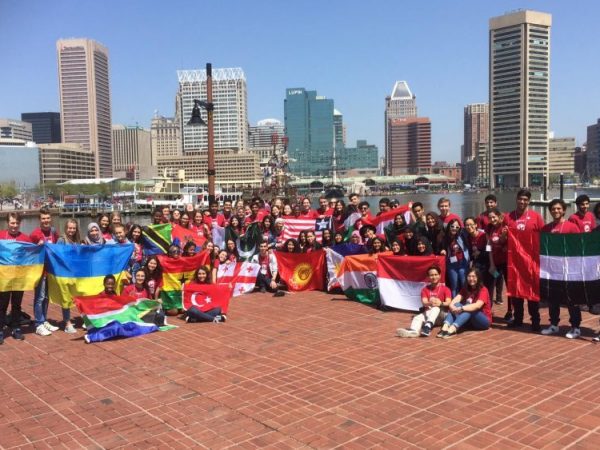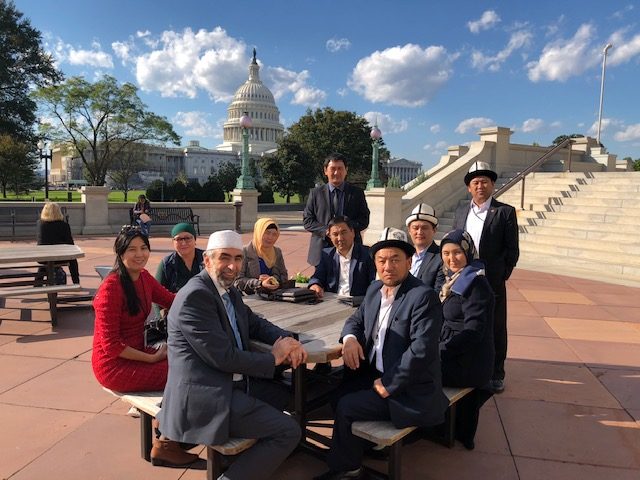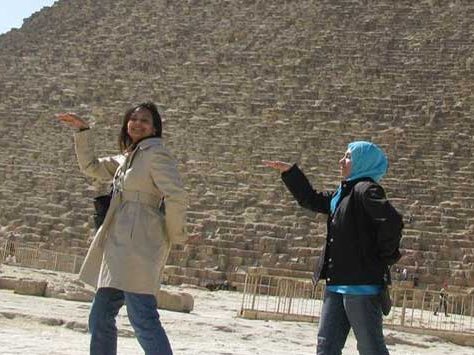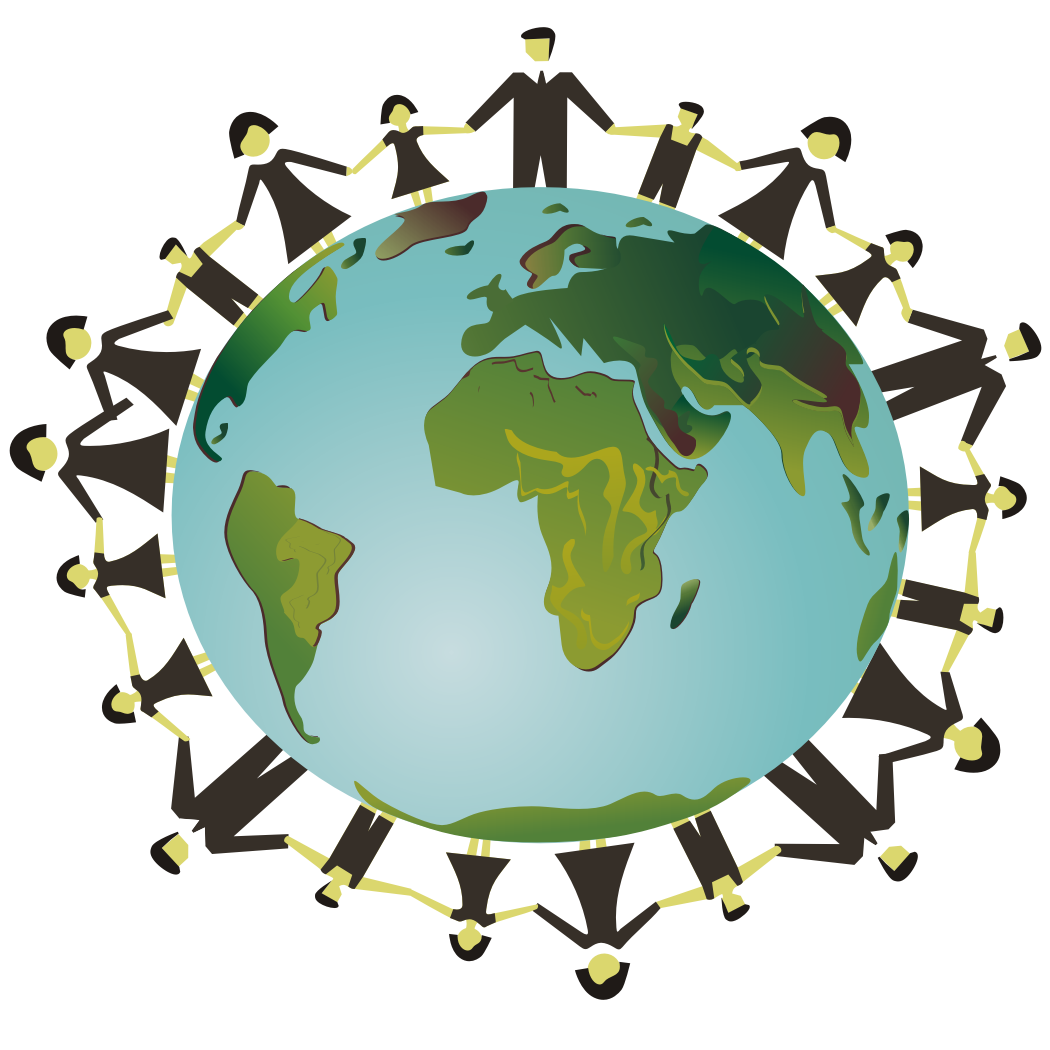BUBW
Building Understanding for a Better World
BUBW was launched in 2006 to give American high school students and International exchange students, of diverse cultural backgrounds and various faith traditions, the opportunity to meet and learn from one another. The international exchange students are in the U.S. through U.S. Department of State sponsored programs such as YES, FLEX, CBYX, and A-SMYLE, as well as other private exchange students. The conference is held annually in America in three locations, Orlando, Florida, San Diego, California and Baltimore, Maryland. CECF has currently conducted 47 BUBW conferences with participants coming from 78 countries. Recently, CECF has expanded the BUBW conferences to other locations across the world.
BUBW Overview
The most pressing issue our youth face today is how they view the “other”. CECF has aimed to transcend these boundaries of fear through collaborative interactions and multicultural dialogue with students from various faith traditions and cultures around the world via:
- Diversity & Multi-Cultural Competency Training
- Leadership Development
- Conflict Resolution & Peace Building Workshops
- Interfaith Experiences
BUBW aims to breakdown the stereotypes and the barriers that lead to fear and hate. Despite a surge in the use of social media, people still lack the face-to-face dialogue needed to foster understanding, respect, compassion and cooperation among the various nations and communities of our ever so intricate world.
While the interfaith segment of the conference is principally focused on the Abrahamic faiths of Judaism, Christianity and Islam, participation is open to all youth/young professionals (ages 18 – 35), irrespective of their faith tradition, and is also open to participants, who may be secular or not active in any faith tradition.
BUBW Objectives
- Facilitate dialogue that fosters mutual understanding and cooperation between youth from diverse economic, social, religious, cultural and ethnic backgrounds
- Expose youth to the beauty of diverse faith practices in a pluralistic world with emphasis on respect, common values and our shared humanity
- Discuss the dangers and solutions for discrimination, radicalism, ethnic nationalism and religious extremism, which have historically been recipes for wars and conflicts for many civilizations
- Introduce various aspects of leadership and skills building
- Cultivate ties of friendship and encourage future leaders of tomorrow to foster and seek out a better world and a better future for all.


IOP
International Observer Program
IOPs are two or three-week journeys of intensive thought and experience designed for clerics, scholars, religious educators and community leaders. Participants are invited through U.S. Embassies to take part in and observe communities around the U.S. and for training in specialized areas in several U.S. states. Participants in IOPs offered between February and April, may, in addition to their own program, be able to observe the international, intercultural, and interfaith youth leadership conference known to high school, university exchange students and young professionals as Better Understanding for a Better World (BUBW). While the interfaith segment of the program is principally focused on the Abrahamic faiths of Judaism, Christianity and Islam, participation is open to all irrespective of their faith tradition, and is also open to participants, who may be secular or not active in any faith tradition.
Building partnerships between people, countries and civilizations is critical in the world we live in today. Establishing these relationships begins by fostering mutual understanding and appreciation of one another’s culture, history, religion and way of life. We can do this in a number of ways, but personal and professional dialogue, along with face-to face interaction helps to more quickly break down barriers and achieve our goal. We all must become “Global Citizens” and realize that what happens in one society impacts societies globally. Clergy, scholars, community leaders and teachers are key players in this endeavor. They have the ability to reach to the hearts, souls and minds of those with whom they engage. We must make opportunities for these leaders to venture out and begin this process themselves.
Education is critical to address the need for understanding both within and between religious groups, who are often ignorant of both their own traditions and of those of others. Cross-cultural learning must be emphasized to inspire people to engage in collaborative efforts that positively impact every aspect of society, ranging from their community’s most basic needs, to civic and international involvement. Partnership-building between individuals, groups, and cultures, is of greater importance than ever before to assure safety and stability in our politically and economically volatile world.
SAP
Study Abroad Program
SAP strives to educate participants about the common roots of our traditions, to dispel much of the mystery, misunderstanding, or misconduct that leads, in many instances, to senseless conflict and hatred and to create an appreciation for diversity that exists in cultures around the world.
SAP takes participants on tours of countries with rich cultural and religious histories that have shown periods of great cooperation between people of varying faiths, cultures and ethnicities. Programs are developed within these countries that include meetings and activities with:
- Religious Leaders – share experiences of the century’s long religious tolerance in the region and discuss, why opposite impressions exist in the world today
- Politicians and Government Officials – learn about the state and local system(s) that exist in each country and discuss that country’s worldview on a variety of issues relevant to the program
- Academics and Professors – expose students / participants to religious and secular universities, in order to interact and dialogue with faculty and students.
Each SAP includes organized tours to key historical and cultural sites relevant to the program. CECF has conducted 10-Day SAPs, in partnership with Notre Dame of Maryland University, Loyola University, Coppin State University and Towson University to Jordan, Egypt, Syria, Morocco, Spain, and Malaysia. These programs are expanding to include many more countries such as Kenya, Indonesia, Belgium, Italy, France, Uganda, and Tanzania. Our newest partners, University of Kansas and University of Redlands, are planning for CECF’s study abroad programs in 2024 to Egypt and to Southern Spain and Morocco.

